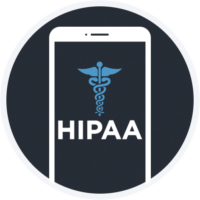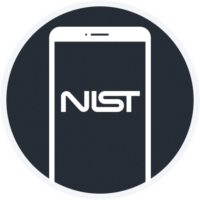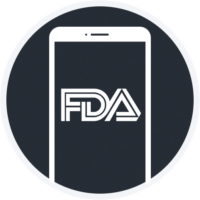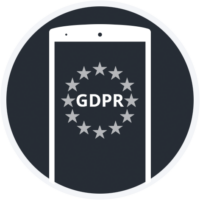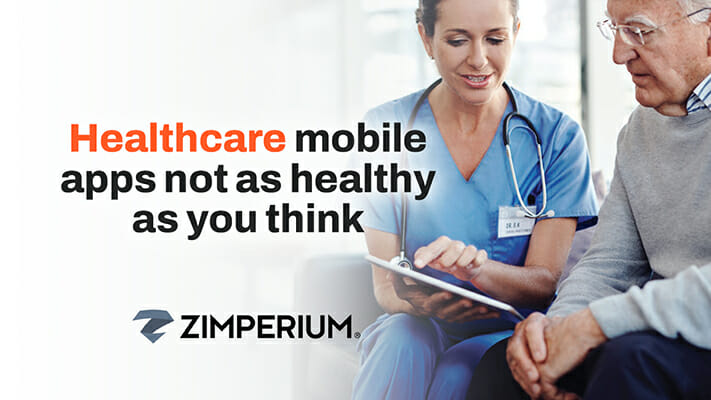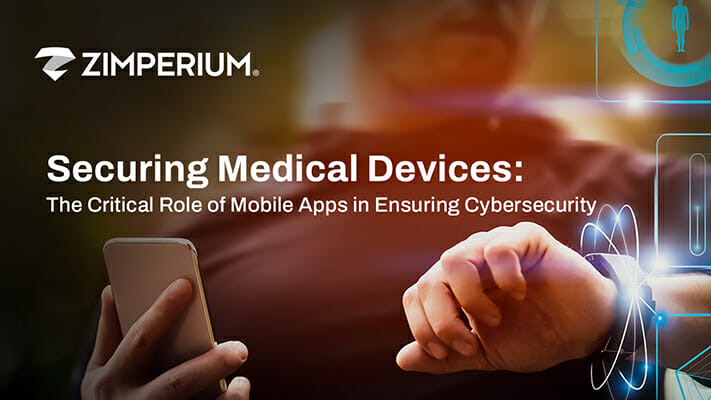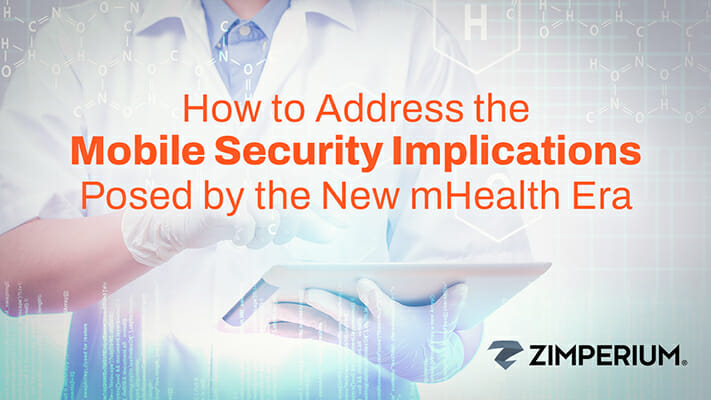Protecting Patient Health and Information
Mobile in Healthcare
Mobile devices and apps have increasingly become part of healthcare over the past few years. Healthcare providers use mobile devices to access electronic health records (EHRs), communicate with patients, monitor vital signs, and access medical reference materials.
With the advent of mhealth apps, patient outcomes have improved, and access to healthcare has increased. Patients and healthcare professionals can use mobile medical apps (MMA) to track symptoms, monitor medication adherence, and manage chronic conditions. In addition to providing remote consultations and facilitating telemedicine, telehealth apps continue to improve communication between patients and providers. The use of digital health apps in conjunction with medical devices allows patients and healthcare providers to monitor chronic conditions remotely.
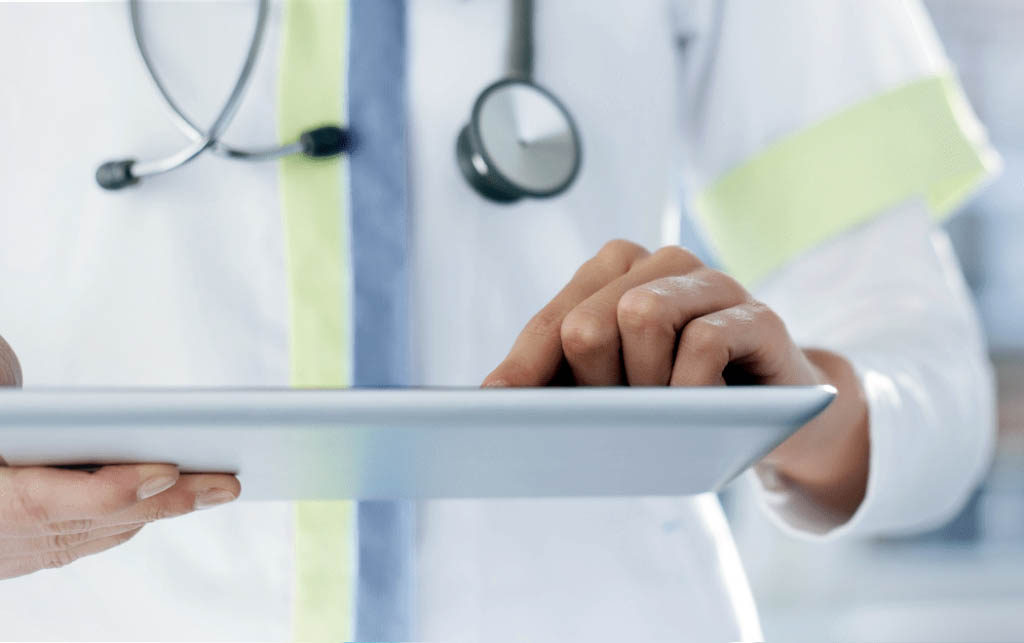
According to a study published in the Journal of Medical Internet Research in 2020, more than 90% of healthcare professionals use smartphones for work-related purposes, and around 50% use tablets.
What’s at Risk with Mobile

PII or PHI may be stolen or breached when employees’ devices are compromised.

Patients’ health may be adversely affected by tampered mobile apps connecting to medical devices.
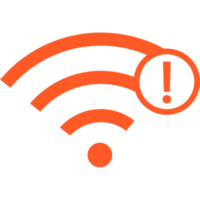
Credentials can be stolen from mobile apps using malware and compromised networks.

Compliance with FDA and HIPAA may be jeopardized if mobile apps are not sufficiently protected.
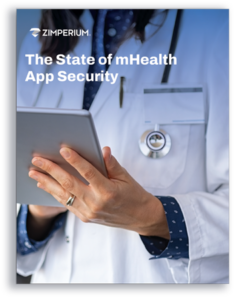
The State of mHealth App Security
Achieve Regulatory Compliance
How Can Zimperium Help
Secure Mobile Access to Electronic Health Records
Zimperium Mobile Threat Defense (MTD) provides healthcare organizations with continuous, on-device protection for Android, iOS, and Chromebook mobile devices against device, network, app, and phishing attacks. By detecting and remediating issues locally on the device without sending patient data to the cloud, MTD protects patient privacy while keeping data secure.
Learn About Mobile Device SecurityMake Apps Resistant to Malware & Phishing
Enable your mobile healthcare apps to detect risks on users’ devices, such as malware, phishing, network attacks, interference from other apps, etc., and then take specific remediation, such as forcing a password reset, shutting down the app, etc., based on pre-configured settings.
Learn About Runtime ProtectionProtect Cryptographic Keys within mHealth Apps
Leverage white-box cryptography to protect keys within mHealth applications and support HIPAA specifications. Your keys cannot be extracted—even if the device itself has been breached.
Learn About Cryptographic Key ProtectionPrevent Mobile App Reverse Engineering & Tampering
Add tamper-resistance, anti-reverse engineering, and obfuscation characteristics to mobile apps, ensuring not strengthening HIPAA & FDA compliance, but also strong app-level protection against attacks.
Learn About Application Shielding“Zimperium has consistently demonstrated a true understanding of healthcare-specific risks, incredibly deep experience in mobile threats and a commitment to deliver on a detailed customer success plan.”
– CSO, U.S. Based Hospital Network
Zimperium is Proud to be an Affiliate Member of Health-ISAC
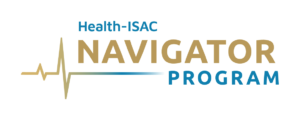
Recommended Reading
